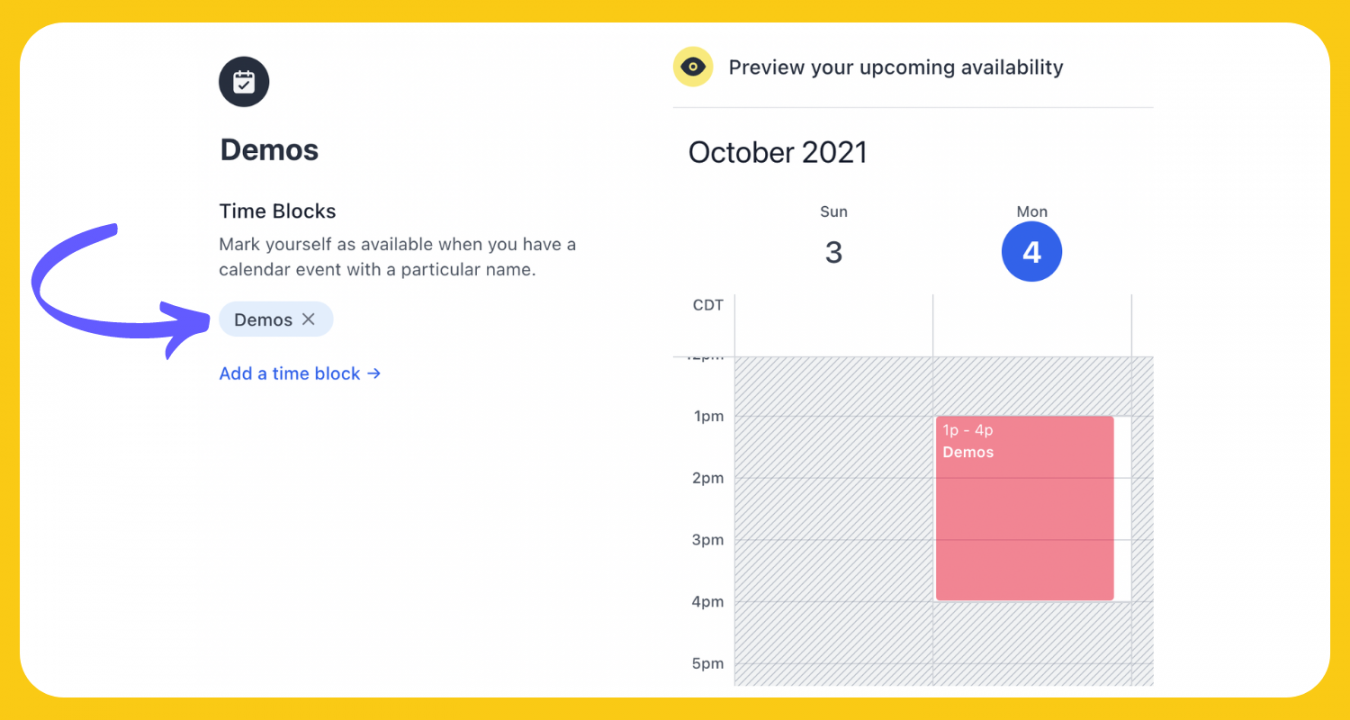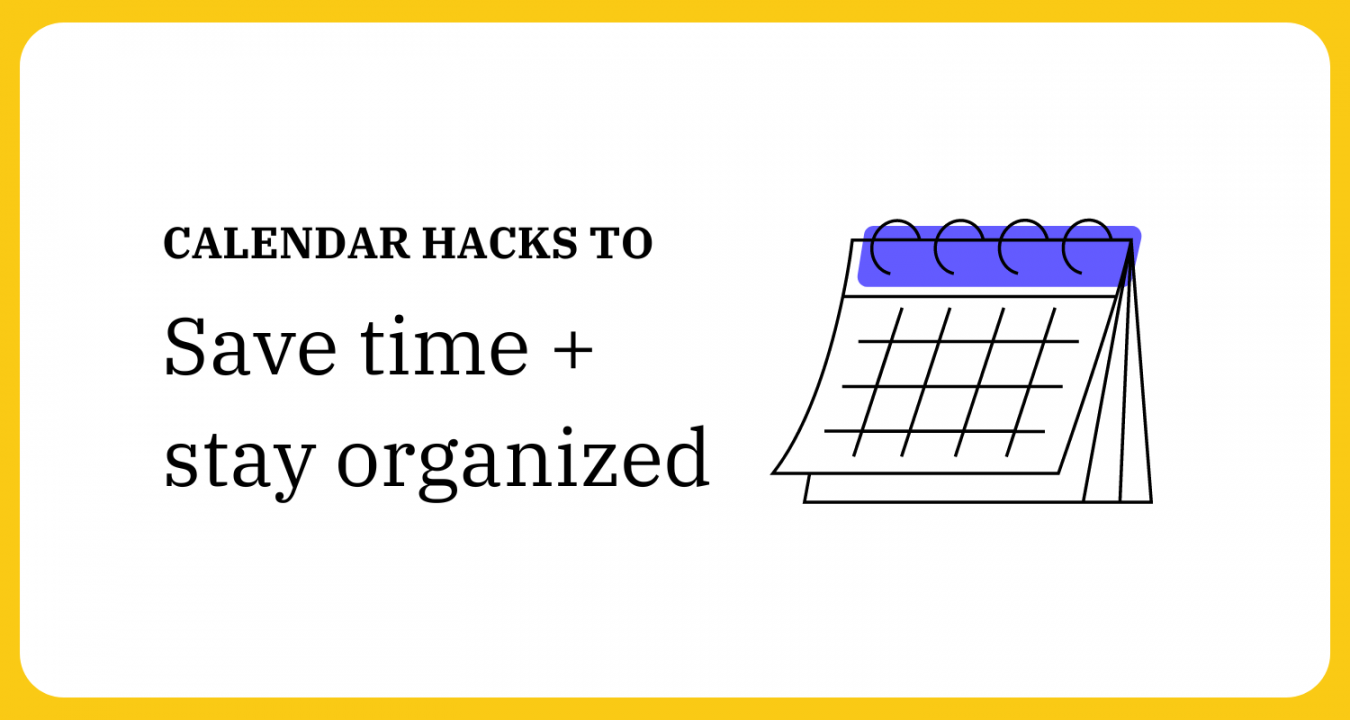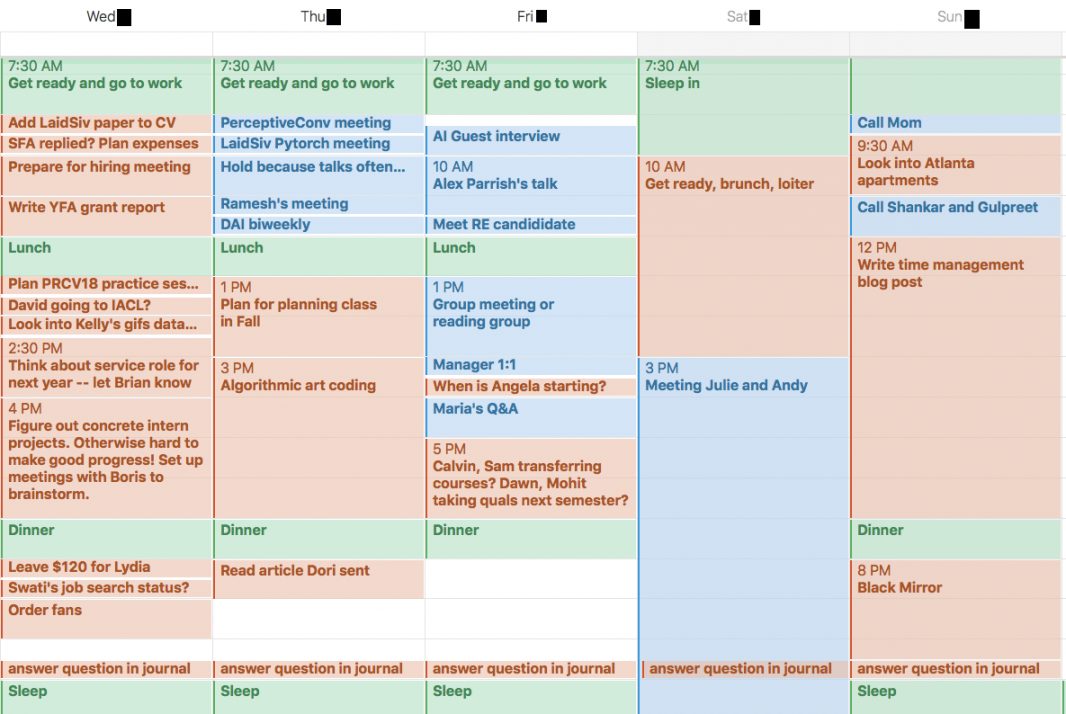Calendaring for Stress-Free Meetings: Optimizing Meeting Schedules for Success
In today’s fast-paced business world, meetings are an essential part of getting things done. However, too many meetings can be counterproductive, leading to stress, wasted time, and decreased productivity. That’s why it’s important to optimize your meeting schedule to ensure that your meetings are productive and stress-free.

Calendaring for stress-free meetings is the process of scheduling meetings in a way that minimizes stress and maximizes productivity. This involves considering several factors, such as the length of the meeting, the time of day, the participants, and the agenda.

Here are a few tips for calendaring stress-free meetings:
1. Be mindful of meeting length. Keep meetings as short as possible. Most meetings can be accomplished in 30 minutes or less.
2. Schedule meetings during the most productive time of day. For most people, this is in the morning or early afternoon.
3. Be selective about who you invite. Only invite people who are essential to the meeting.
4. Create a clear agenda and share it in advance. This will help to keep the meeting on track and ensure that everyone is on the same page.
5. Take breaks. Schedule short breaks throughout the meeting to allow people to stretch, walk around, and de-stress.
6. End meetings on time. This will help to keep the meeting on track and prevent people from feeling rushed.

There are many benefits to calendaring stress-free meetings. These benefits include:
Increased productivity
The solution to creating stress-free meetings is to be proactive and intentional about your meeting scheduling. By following the tips above, you can create a meeting culture that is productive, efficient, and stress-free.
In addition to the tips above, here are a few additional things to keep in mind when calendaring for stress-free meetings:
Use a scheduling tool. There are many scheduling tools available that can help you to schedule meetings and track attendance.
By following the tips above, you can create a meeting culture that is productive, efficient, and stress-free. This will lead to increased productivity, reduced stress, and improved communication.
1. What is the best way to schedule a meeting?
The best way to schedule a meeting is to use a scheduling tool. This will help you to find a time that works for everyone and ensure that everyone is on the same page.
2. How long should a meeting be?
Most meetings can be accomplished in 30 minutes or less. If you need more time, break the meeting up into two or more sessions.
3. Who should I invite to my meeting?
Only invite people who are essential to the meeting. If you’re not sure who to invite, ask yourself if the meeting would be productive without them.
4. What should I include in my meeting agenda?
Your meeting agenda should include the following:
The purpose of the meeting
5. What should I do if my meeting is running late?
If your meeting is running late, apologize to the participants and try to wrap up the meeting as quickly as possible. You may also want to reschedule the meeting for a later time.